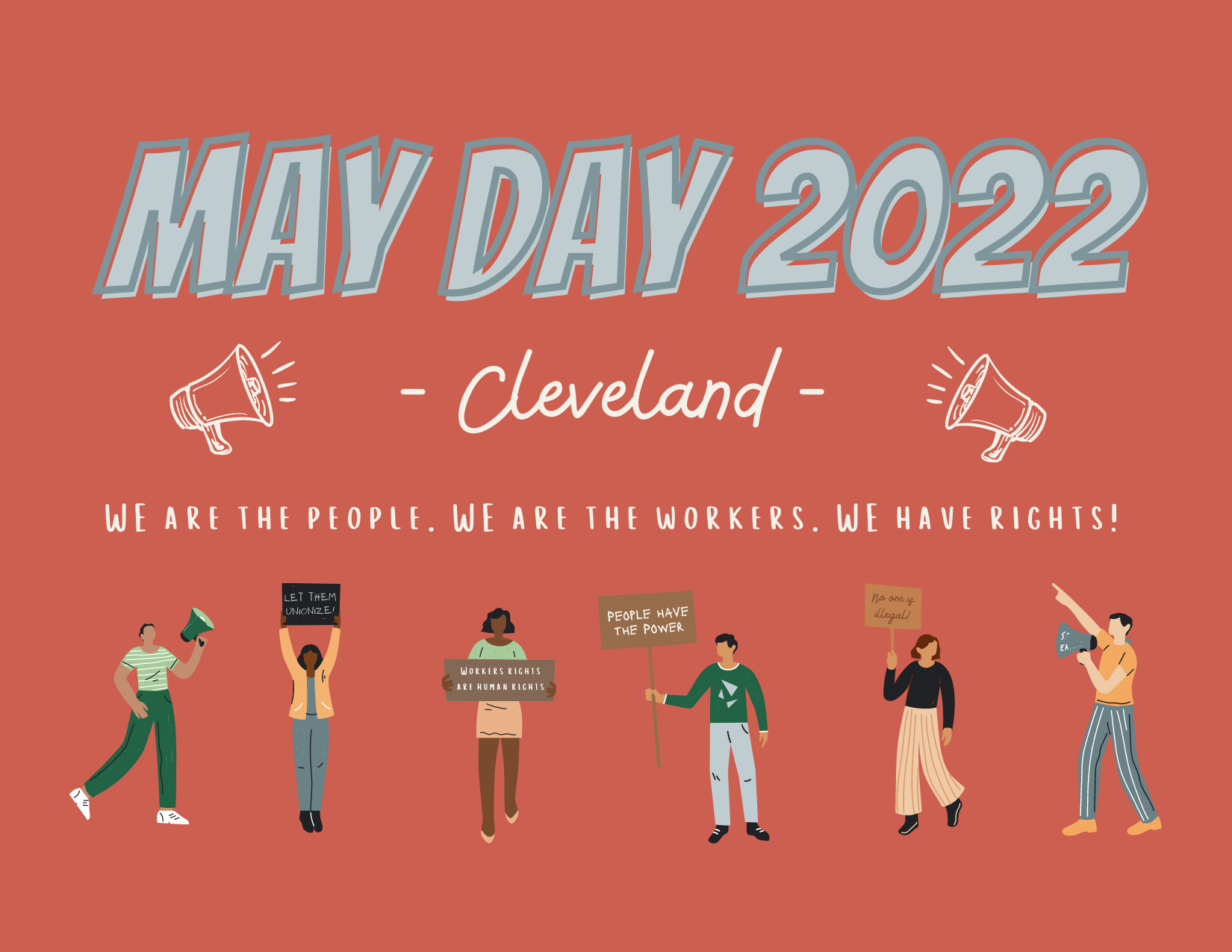Honduras: In 2021, according to data from the Office of the United Nations High Commissioner for Human Rights in Honduras (OACNUDH), 302 attacks on human rights defenders were reported, of which 169 are dedicated to the protection of human rights. common goods of nature in indigenous, peasant or Afro-descendant communities. Likewise, until April 20, 2022, 27 attacks on human rights defenders have been registered: 5 were victims of murder and 19 are dedicated to protecting the environment.
- Home
- About Us
- Issues
- Countries
- Rapid Response Network
- Young Adults
- Get Involved
- Calendar
- Donate
- Blog

